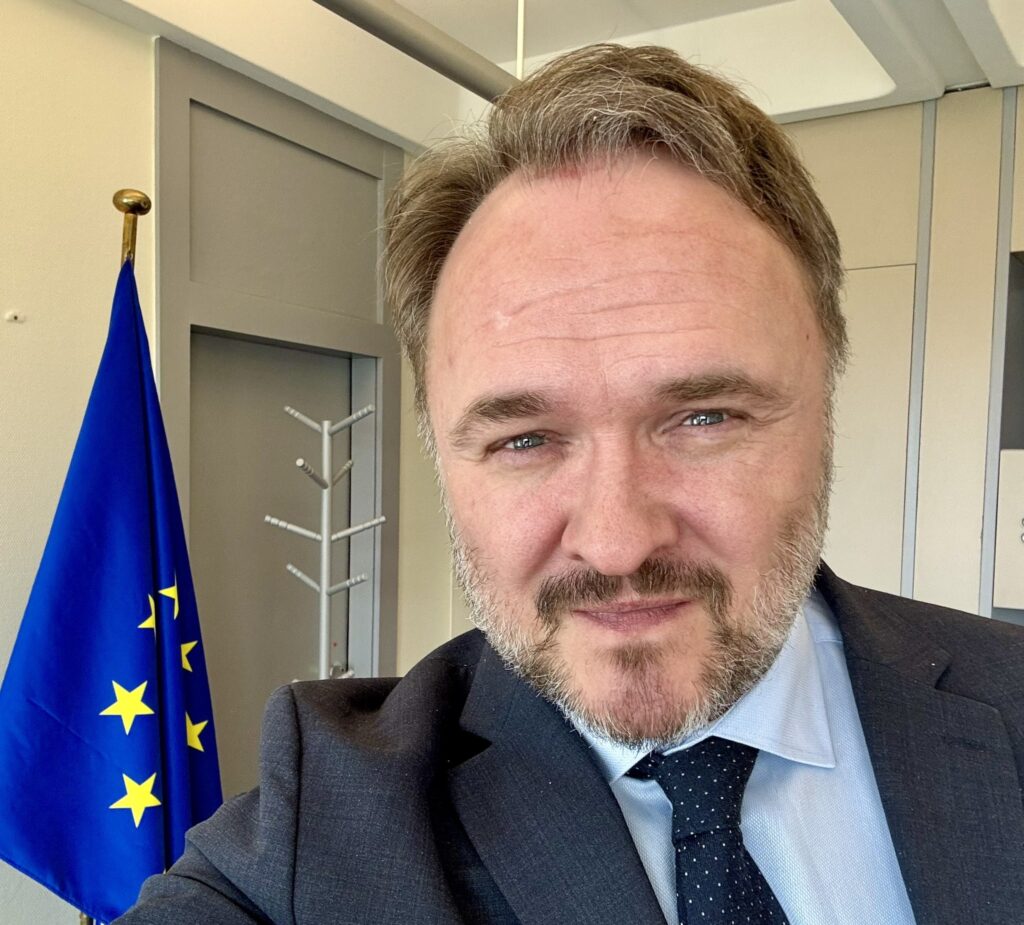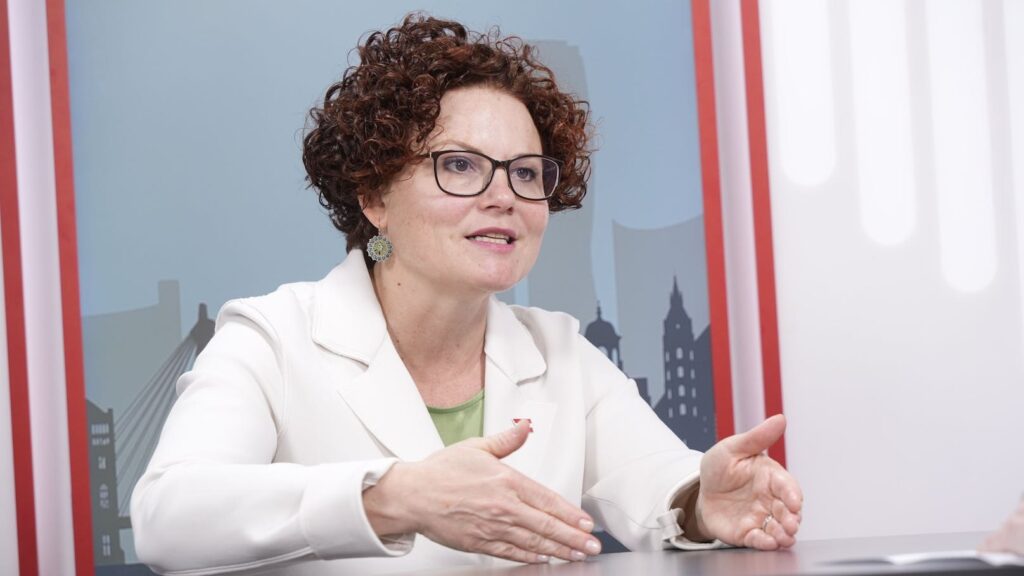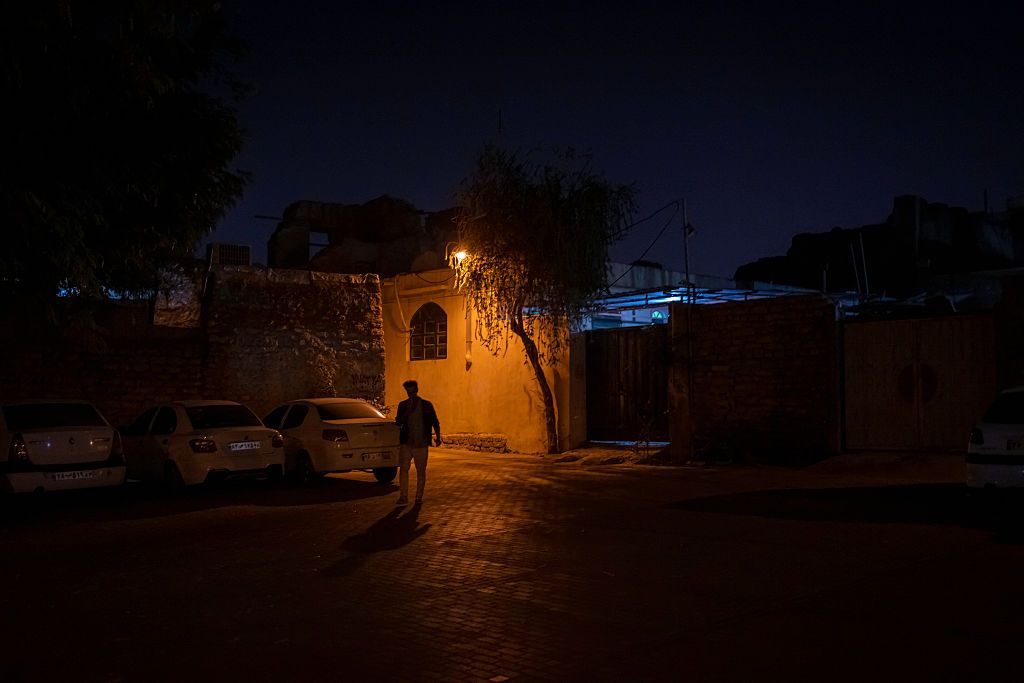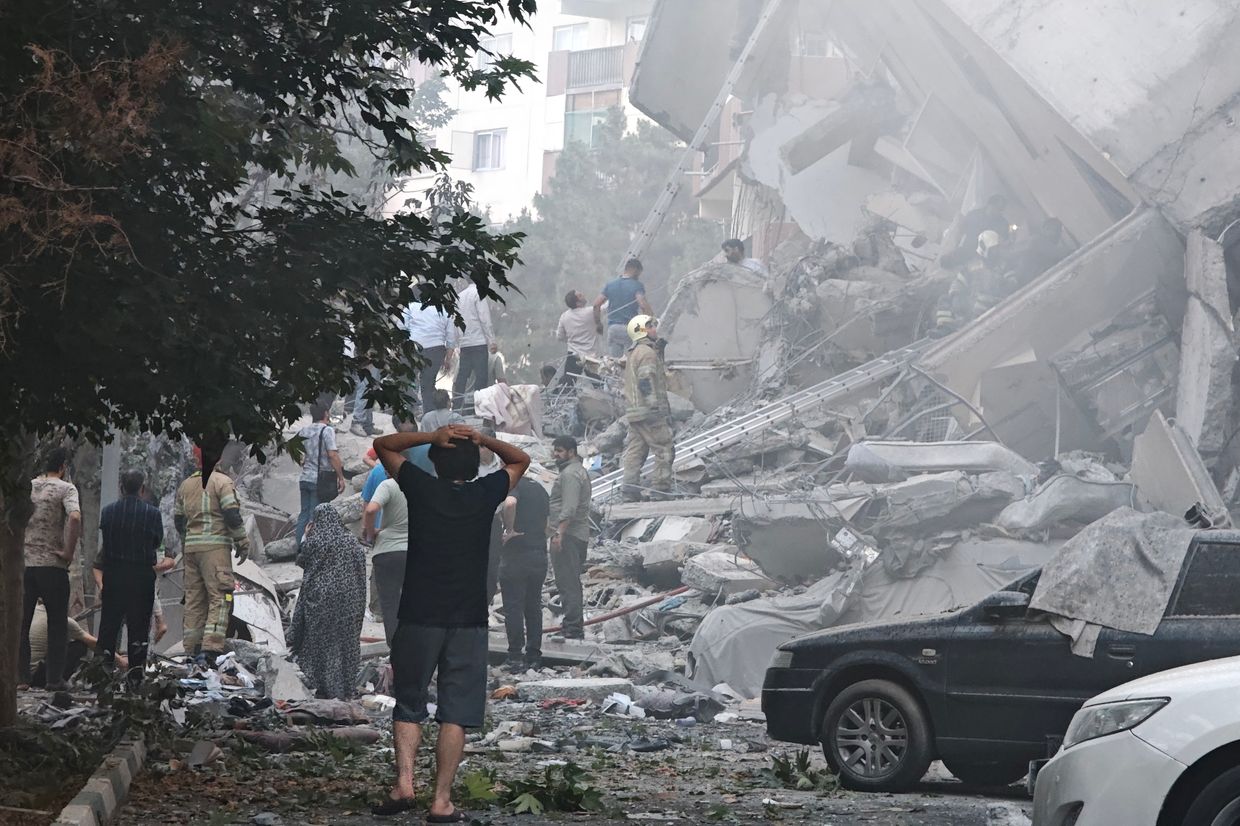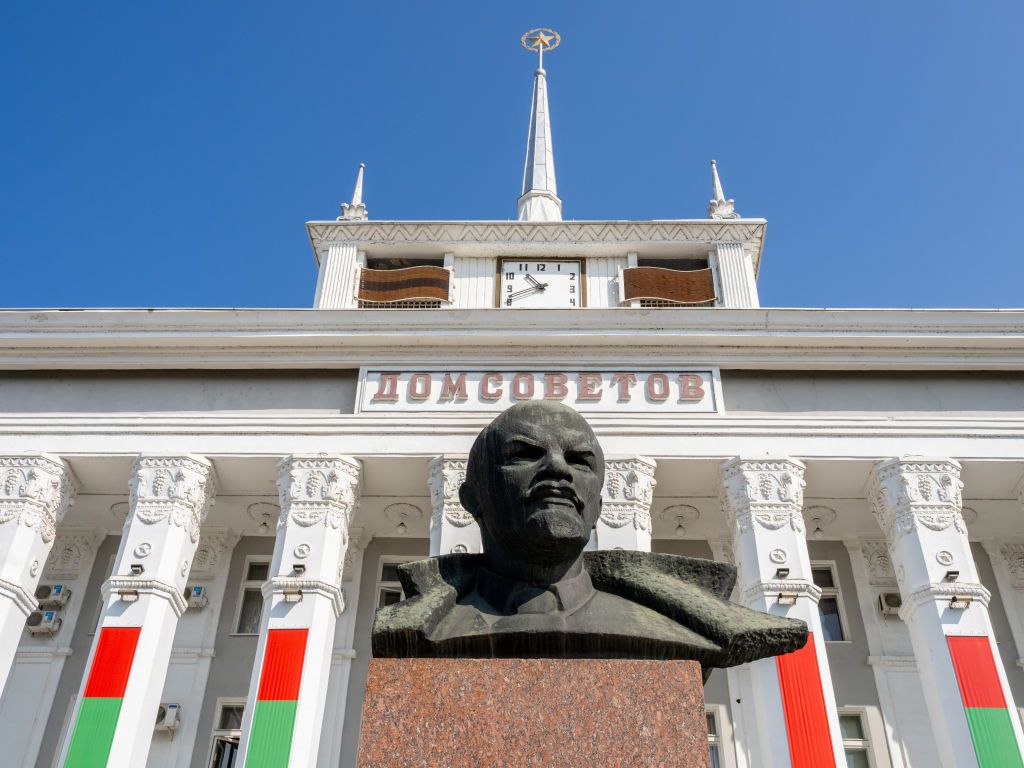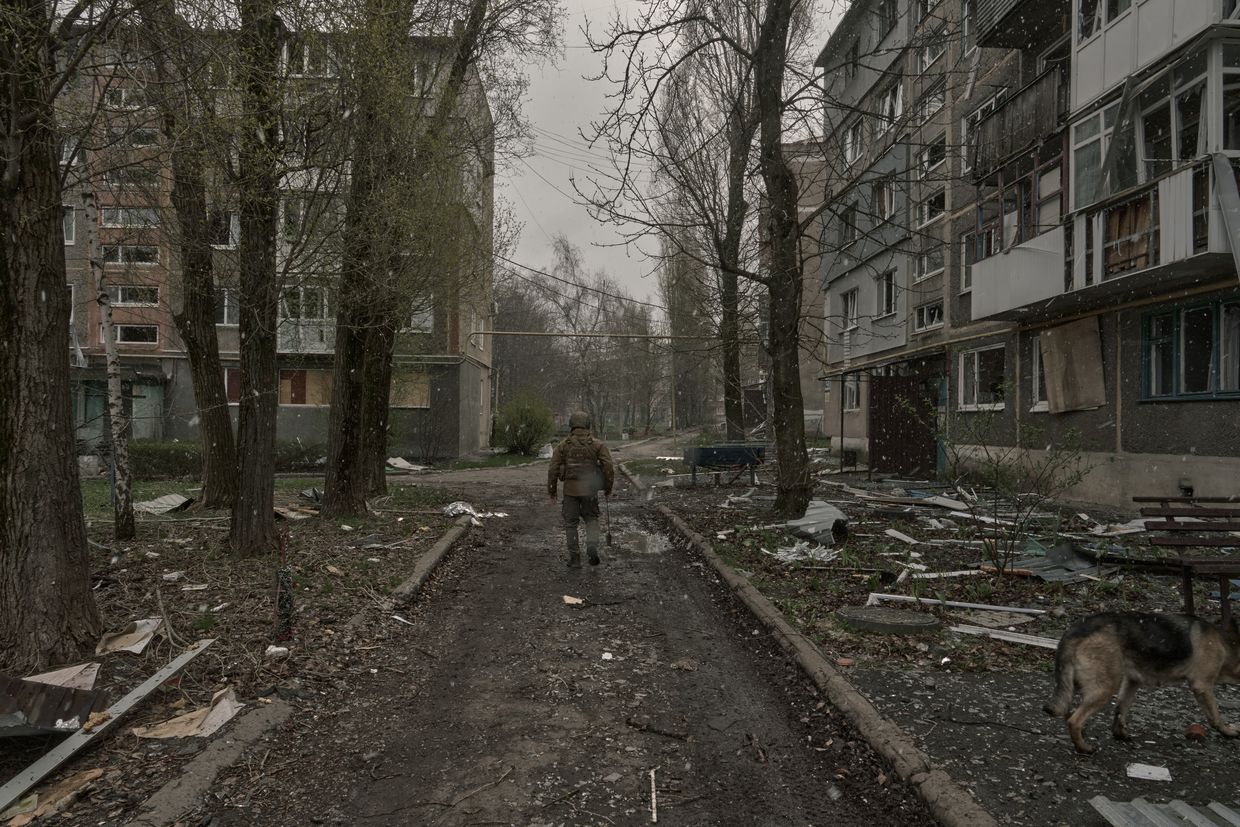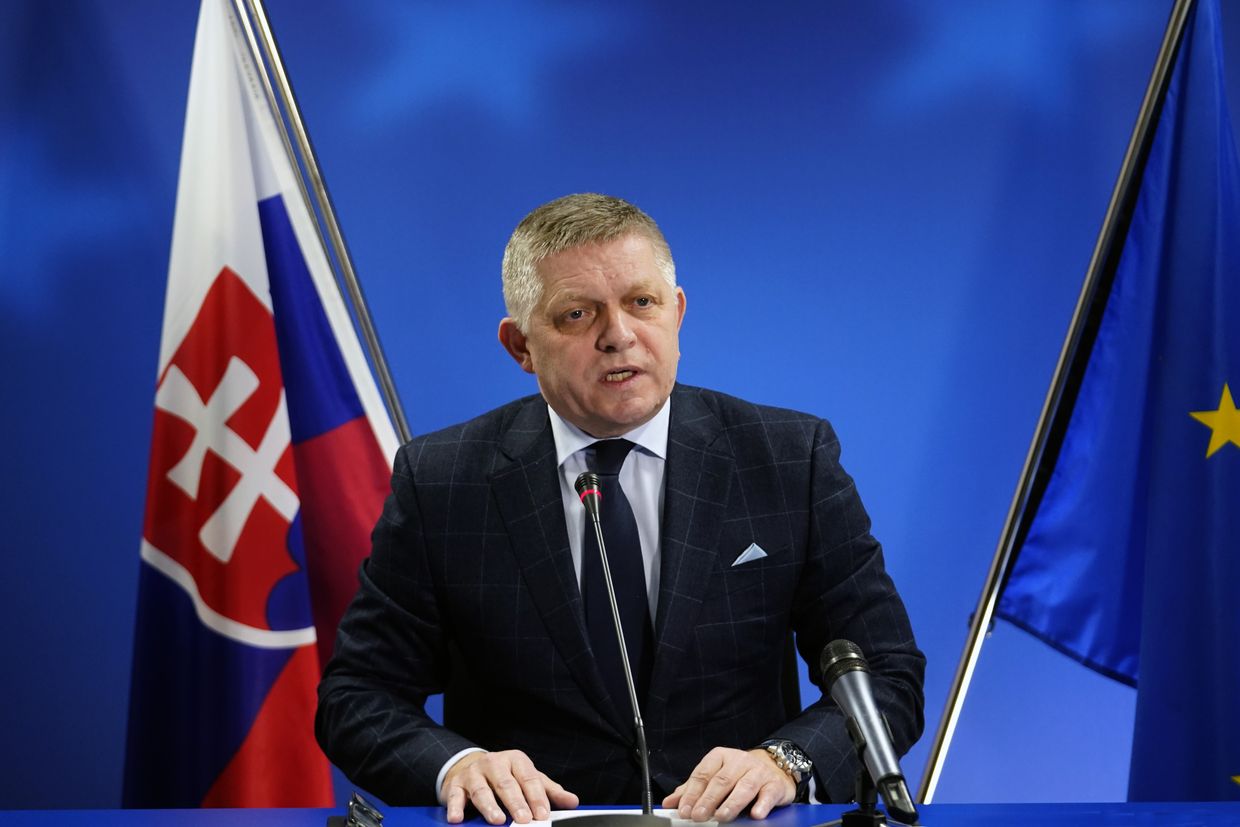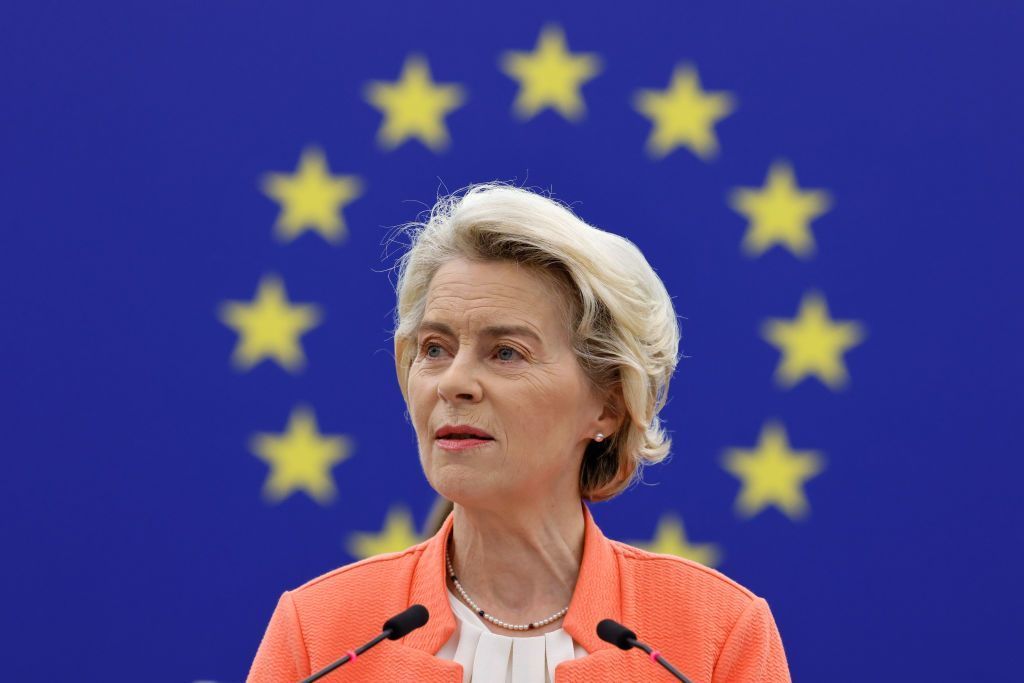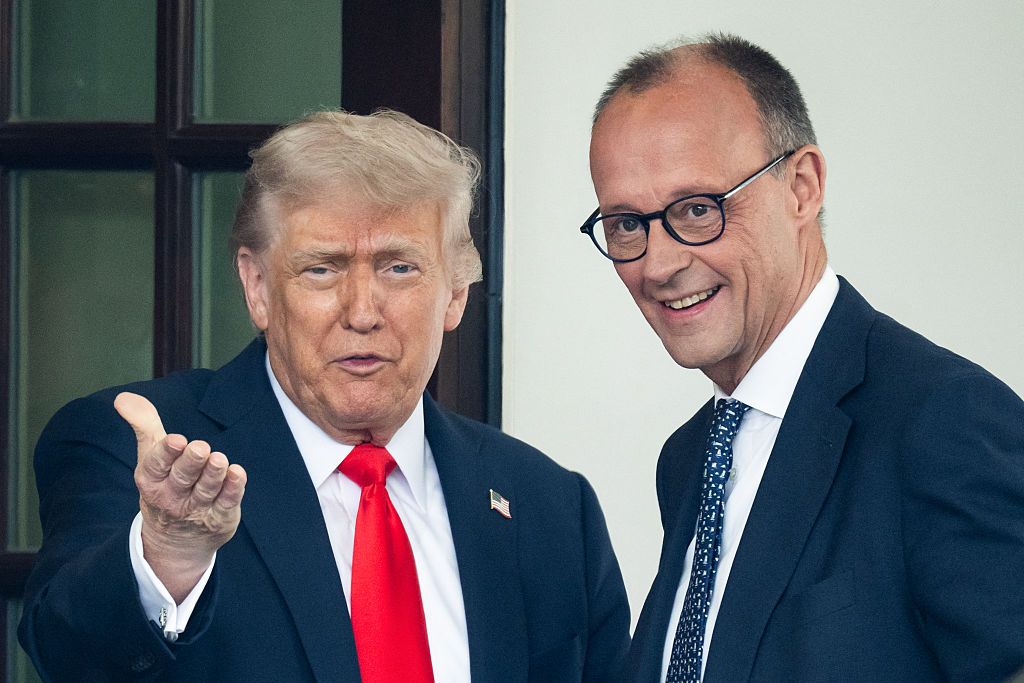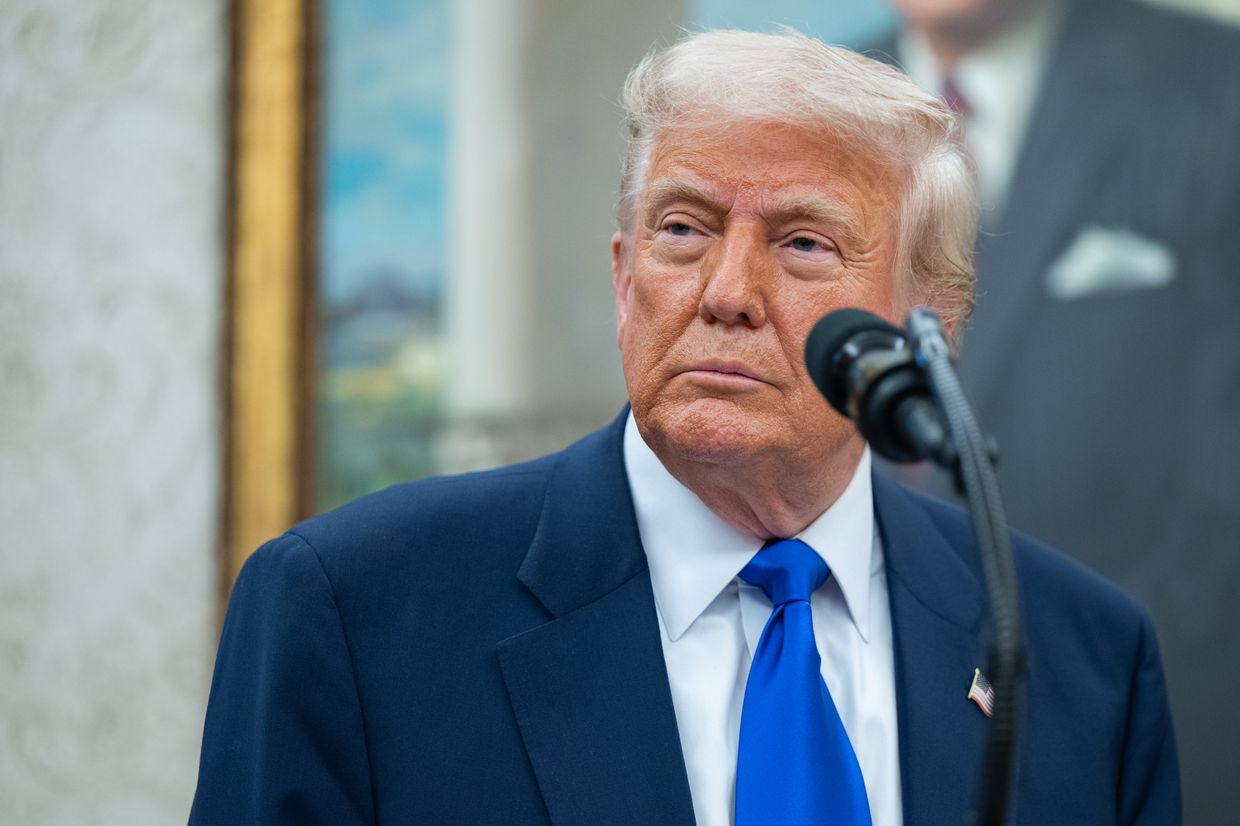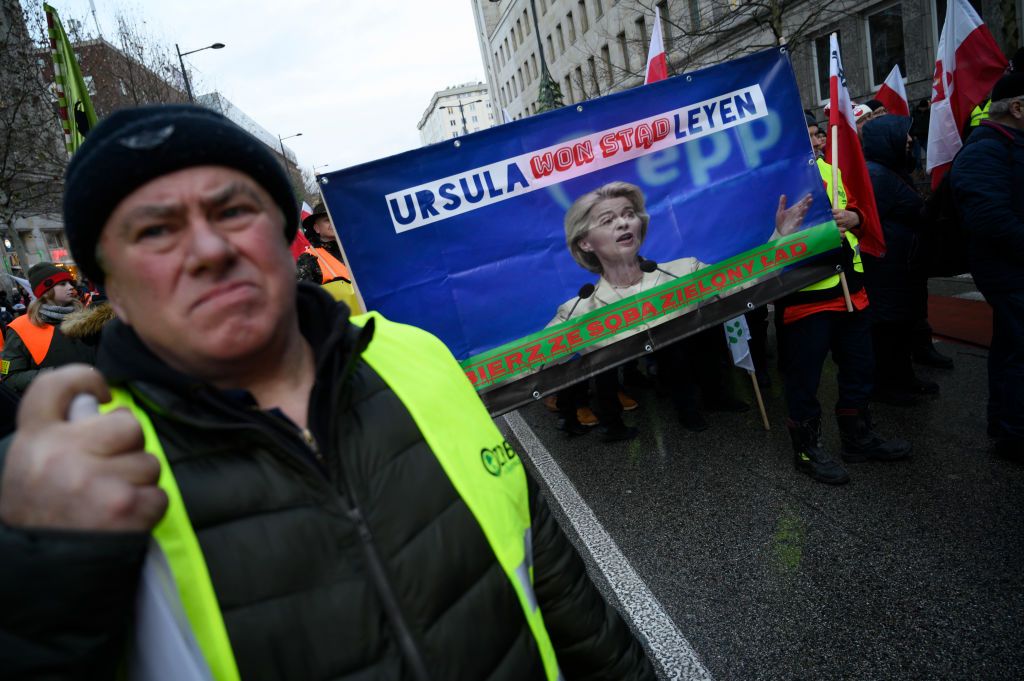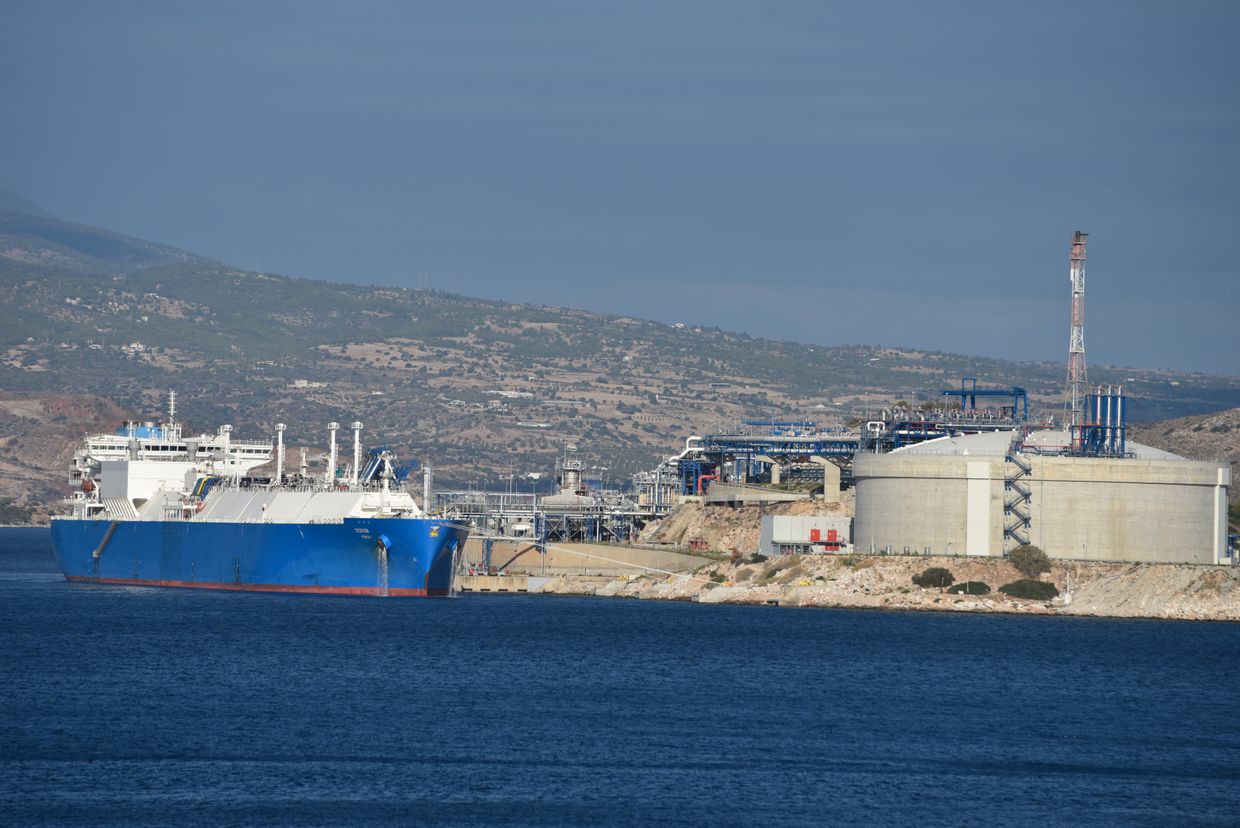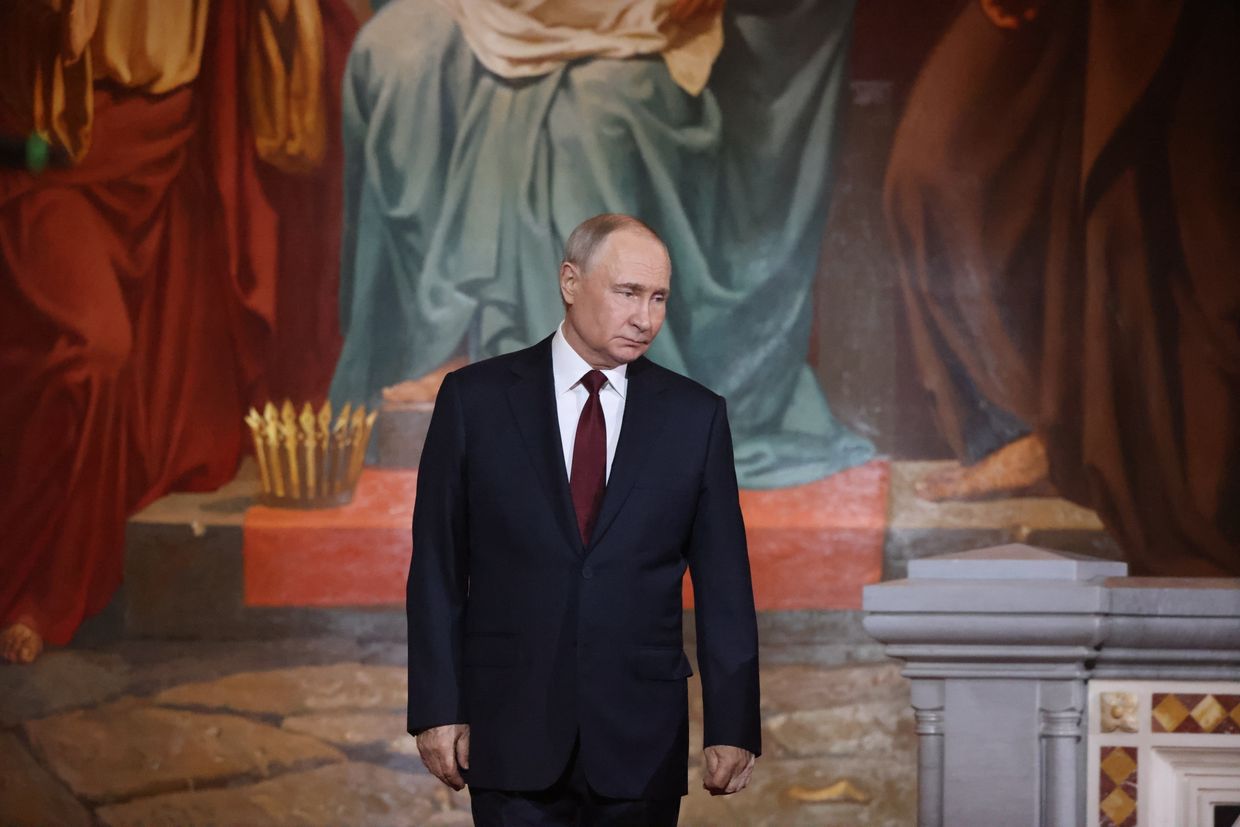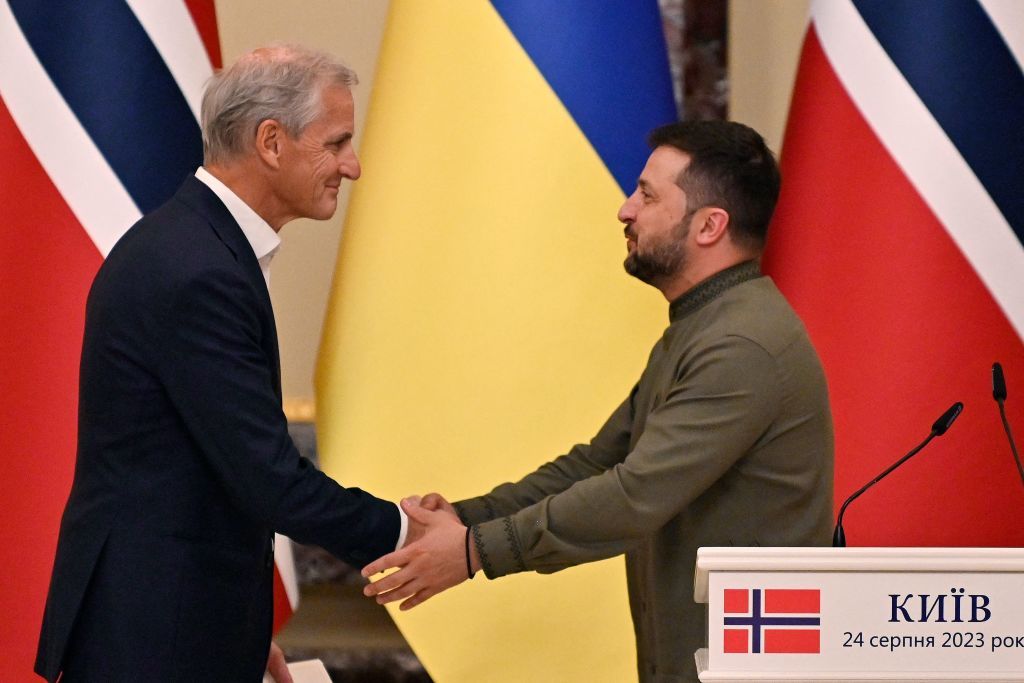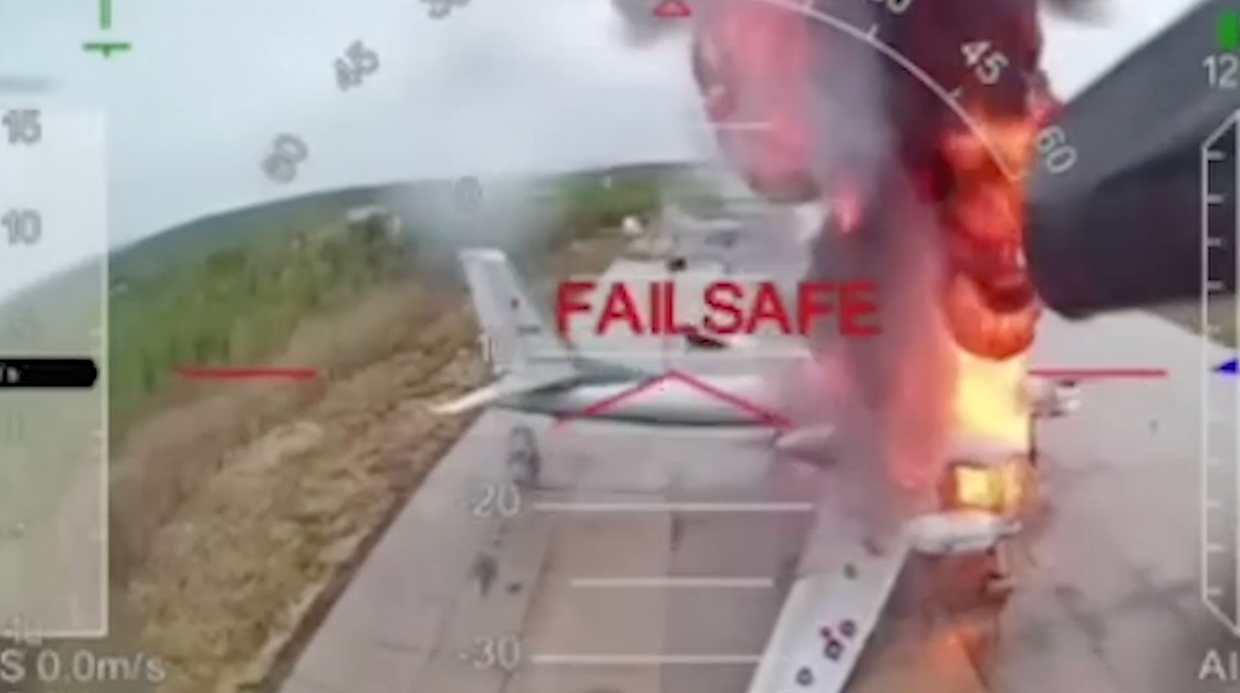
Hungary and Slovakia continue to rely heavily on Russian oil, gas, and nuclear fuel, despite having technical and economic capacity to switch to alternative sources, according to a detailed joint report by the Centre for the Study of Democracy (CSD, Bulgaria) and the Centre for Research on Energy and Clean Air (CREA, Finland). Both countries “have shown no real intention of phasing out Russian crude oil,” the report states. Similar conclusions are made regarding the Russian gas and nuclear projects.
Hungary, led by Prime Minister Viktor Orbán, and Slovakia, under PM Robert Fico, are currently the most pro-Russian member states of the EU. In contrast to other EU countries, both have refused to provide military aid to Ukraine at the national level during Russia’s ongoing invasion. They also obstruct key EU initiatives supporting Ukraine, such as sanctions against Russia and Ukraine aid packages. Furthermore, both leaders maintain direct political and economic ties with Russia and regularly engage in confrontational rhetoric toward Ukraine.
The report, titled The Last Mile. Phasing Out Russian Oil and Gas in Central Europe, reveals that both countries have used EU sanctions exemptions not as a path to energy independence, but as a shield to deepen ties with Russian suppliers, significantly undermining EU unity and energy security strategy.
No real effort to reduce Russian dependency
The report presents a stark picture: Hungary and Slovakia have not reduced their imports of Russian oil and gas since the start of Russia’s full-scale invasion of Ukraine in 2022. On the contrary, Hungary increased its Russian crude reliance from 61% in 2021 to 86% in 2024. Slovakia’s dependence remained at nearly 87% that same year. Combined, the two countries imported 8.7 million tonnes of Russian crude oil in 2024, which is 2% more than in 2021.
Since the beginning of the invasion, these imports have sent the Kremlin approximately €5.4 billion in tax revenue. As the report emphasizes, that amount could theoretically fund the production of 1,800 Iskander-M missiles—missiles used to destroy Ukrainian infrastructure and civilian areas.
Despite disruptions in the Druzhba pipeline in 2024 and multiple opportunities to diversify through the Adria pipeline, both Hungary and Slovakia continued to rely on Russian supply chains. Slovakia began marginal non-Russian crude imports in the latter half of 2024, while Hungary saw its non-Russian crude intake fall to nearly zero.
Merz: Hungary and Slovakia could lose EU funds over pro-Russia stance
MOL and the role of state-linked energy networks
The report highlights the central role of Hungarian oil and gas company MOL, which owns the only refineries in both Hungary and Slovakia. MOL’s strategic decisions on crude origin determine national energy sourcing. Although the Hungarian state does not directly own MOL, it controls over 30% of the company through government-aligned foundations, effectively shaping its energy policy.
MOL secured multiple contracts for non-Russian oil via the Adria pipeline—2.2 million tonnes in 2023 and 2.1 million tonnes in 2025—but actual delivery in 2023 was less than half that amount. Meanwhile, MOL continues to process discounted Russian crude, profiting from price gaps that are not passed on to consumers. In fact, gasoline and diesel prices in Hungary remained 5% above the EU average in 2024.
Szijjártó says Kyiv must accept Budapest blocking Ukraine’s EU accession, Zelenskyy says most Hungarians support Ukraine
This arrangement has allowed MOL’s operating income to rise significantly: to $26.4 billion in 2022 and around $25.3 billion in both 2023 and 2024. The company’s profits helped stabilize Hungary’s strained budget through a windfall tax—initially 25%, later raised to 95%. By 2024, the tax yielded only $15 million, compared to $521 million in 2022, as discounts narrowed and fiscal benefits declined.
Between 2022 and May 2024, Hungary and MOL earned an estimated €1.7 billion in “extra profit” from this setup, according to a Hungarian nonprofit G7 investigation cited in the report.
Exploiting legal loopholes and export exemptions
The report details how both Hungary and Slovakia used EU exemptions to re-export petroleum products made from Russian crude to Czechia. Originally set to expire in December 2023, this export exemption was extended twice—first to December 2024, then to June 2025—despite Czechia’s objection.
Russia creates “axis of autocrats” in European states, Spiegel says
In 2024, Slovakia exported 710,000 tonnes of petroleum products to Czechia, worth €520 million, while Hungary added another 39,000 tonnes worth €40 million. Slovnaft, MOL’s Slovak subsidiary, is identified as the primary beneficiary.
The report argues that this trade prolongs Russian oil imports, undermines EU sanctions, and supports Kremlin revenue through indirect channels.
Gas dependency entrenched via TurkStream
Unlike the rest of the EU—which reduced Russian pipeline gas imports by 81% since 2021—Hungary and Slovakia cut theirs by just 5.5%. Their reliance rose from 57% to 70% over the same period.
Hungary has positioned itself as a regional hub for Russian gas, increasing imports via TurkStream and re-exporting to Slovakia. Hungary’s 15-year contract with Gazprom, signed in 2021, was expanded in 2024 with an additional 2 billion cubic meters per year.
Slovakian cities erupt in anti-Fico protests again
Slovakia, whose contract with Gazprom runs until 2034, has likewise expanded imports from Hungary, effectively bypassing Ukraine as a transit country. The report notes that this arrangement severely weakens the EU’s diversification efforts and severely weakens “the EU’s collective energy security strategy and reinforce long-term risks of political leverage by the Kremlin.”
Hidden networks, offshore intermediaries, and Kremlin ties
Central to the report is the exposure of intermediary networks, particularly Normeston Trading SA—a company tied to Soviet-era oil traders and Russian oil majors. Normeston, once based in Belize and later in Cyprus and Switzerland, acted as a shadow intermediary for Russian crude shipments to Hungary and Slovakia.
The company has long-standing ties to MOL executives and Russian oil firms, including Lukoil and Bashneft. The report alleges that Normeston facilitated massive markups on Russian oil imports by acting as a middleman, effectively skimming profits outside the scope of EU oversight.
The authors describe this structure as part of a broader “Kremlin Playbook” of state capture—where government-linked businesses and offshore entities create entrenched dependency that resists diversification.
Hungarian OTP Bank sees 40% profit surge in Russia
The nuclear dimension
The report also exposes a growing reliance on Russian nuclear fuel. Hungary and Slovakia’s combined imports of Russian nuclear fuel were 105% higher in 2024 than in 2021. While Hungary’s imports declined slightly in 2024, Slovakia’s rose sharply—by 229%.
Although Slovakia signed a fuel supply deal with US-based Westinghouse, and Hungary with France’s Framatome, both continue to receive large volumes from Rosatom. The Paks II nuclear project in Hungary, led by Rosatom and financed 80% through a Russian loan, is flagged as a long-term strategic risk that locks Hungary into Russian influence for decades.
The report points out that the key contract details for Paks II are classified, and oversight is minimal. It describes the entire project as lacking transparency, with regulatory bypasses and rising costs now estimated at €15 billion—about 12% of Hungary’s GDP.
“Russian gas costs sovereignty, US LNG only money”: Zelenskyy responds to Fico’s “enemy” claims
Infrastructure and alternatives: No technical barriers
According to the report, Hungary and Slovakia can fully replace Russian oil via the Adria pipeline from Croatia, which has a proven annual capacity of 14.4 million tonnes—more than the combined 11.1–12.2 million tonnes needed by both countries.
Tests confirm both MOL refineries can process non-Russian crude. In 2019, during a Druzhba contamination crisis, Hungary’s reliance on Russian oil temporarily dropped to 48% as it switched to Adria-supplied crude.
Similarly, alternatives to Russian gas exist through expanded LNG infrastructure in Greece, Croatia, and Poland, and new interconnectors with Austria, Romania, and Poland. The report insists that technical constraints do not justify continued Russian dependency.
Budapest halts talks with Kyiv amid Hungarian spy scandal
Recommendations: End exemptions, enforce traceability, dismantle capture networks
The report urges the EU to:
- Terminate the crude oil import exemptions under Regulation 833/2014 by 30 June 2025.
- End the loophole allowing oil product exports derived from Russian crude.
- Audit and enforce transparent pricing in the Adria pipeline to dispel Hungary’s cost-related claims.
- Impose full traceability of oil and gas origin.
- Sanction Rosatom and all subsidiaries to reduce nuclear dependence.
- Investigate MOL’s role in prolonging dependency through the European Anti-Fraud Office (OLAF).
It concludes that continued exemptions and reliance on Russian energy sources serve no technical or economic rationale and must be ended to protect European energy security, reduce Kremlin revenues, and restore EU sanctions integrity.
You could close this page. Or you could join our community and help us produce more materials like this.
We keep our reporting open and accessible to everyone because we believe in the power of free information. This is why our small, cost-effective team depends on the support of readers like you to bring deliver timely news, quality analysis, and on-the-ground reports about Russia's war against Ukraine and Ukraine's struggle to build a democratic society.
A little bit goes a long way: for as little as the cost of one cup of coffee a month, you can help build bridges between Ukraine and the rest of the world, plus become a co-creator and vote for topics we should cover next.
Become a patron or see other ways to
support.
Become a Patron!

